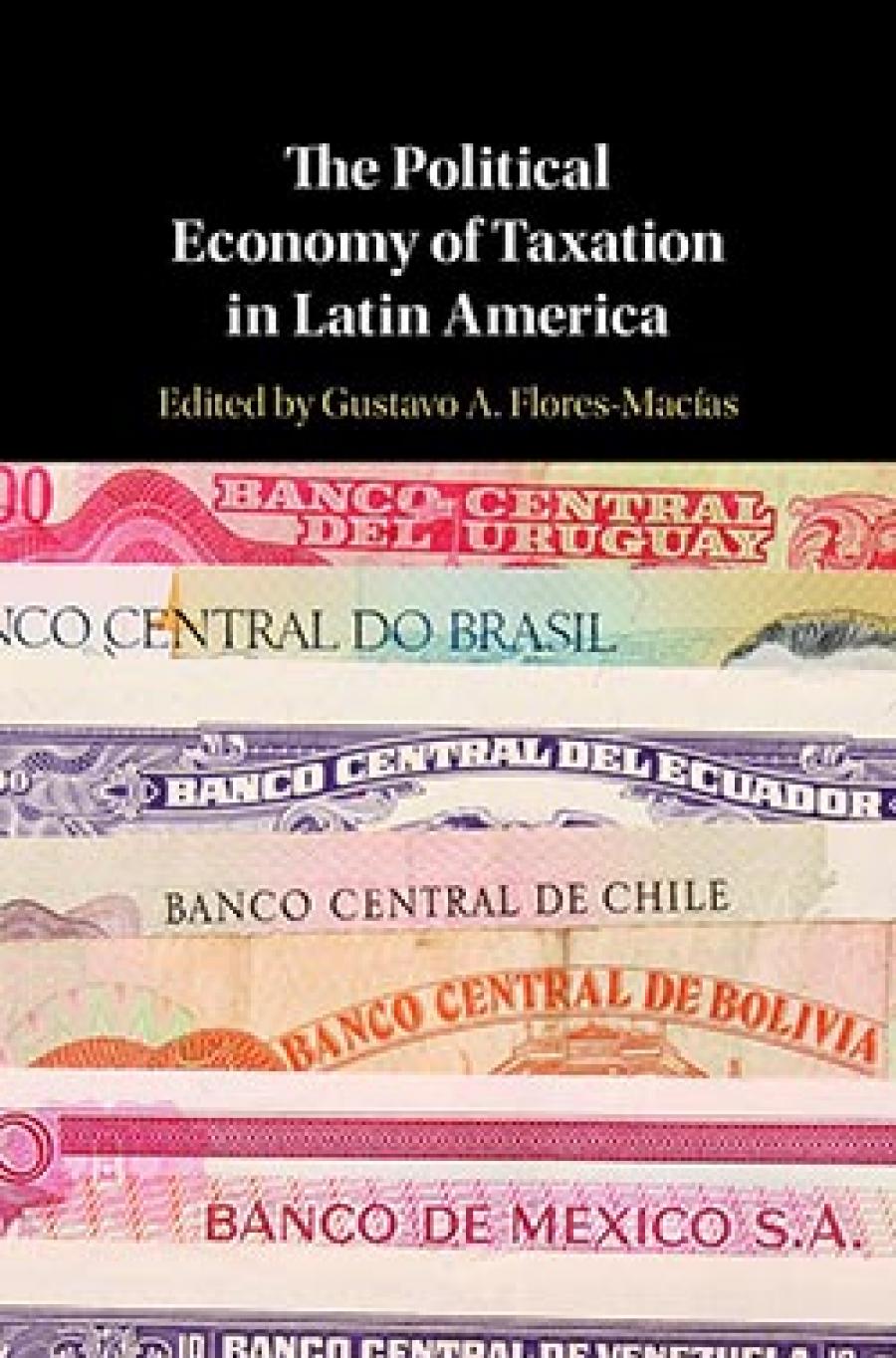Decades of tax reform in Latin America have done little to stem the tide of widespread tax evasion in the region, perhaps because these reforms failed to account for regional politics.
“The Political Economy of Taxation in Latin America,” a new book edited by Gustavo Flores-Macías, associate professor of government and associate vice provost for international affairs, provides the first comprehensive assessment of how Latin American political factors – from electoral structures to the availability of natural resources – may impact the efficacy of tax reform.
“Individuals will go to great lengths to avoid taxation. … Overall, 22% of Latin America’s financial wealth is believed to be offshore,” writes Flores-Macías, adding that this is “emblematic of a long-standing challenge in the political economy of development: how to make taxation palatable.”Flores-Macías writes that most scholars have focused on how to design tax policies, while neglecting “the political considerations that promote or hinder those policies.” Thus, a motivation for the book project, he writes, “was the firm belief that the best economic reforms are doomed to failure in the absence of the right political conditions.”
The book comprises eight studies, each exploring various political challenges to taxation. The first five chapters investigate why, even during prosperous eras, taxation in the region has remained consistently mediocre. These entries describe how historical reforms may have biased some citizens against taxation; explain how tax levels wax and wane around government reactions to commodity booms; and illustrate how electoral rules can influence tax reform.
The final three chapters shift focus to progressive taxation – the notion that the state should collect more taxes from higher-income groups – and explore how political systems in Latin America have influenced the desirability and efficacy of progressive taxes.
Flores-Macías notes that most Latin American countries are collecting far less in tax revenue than expected. The eight studies, he writes, emphasize four main explanations for this disparity:
- Wealth is highly concentrated in Latin America. This means that business elites can, through strategic investments and aggressive lobbying, influence governments to decrease the tax burden or look the other way at noncompliance.
- Many Latin American governments are simply unable to collect taxes from a large proportion of citizens, because of high rates of informal employment. Their solution is to heavily tax those who are formally employed, which breeds resentment among the taxpaying public. “Governments in the region have focused on collecting taxes among the captive formal taxpayers,” Flores-Macías writes, “which discourages compliance because of perceived unfairness in the system.”
- Elected officials are often loathe to introduce unpopular tax reforms, especially while running for re-election. “The incentive is for incumbents not to formulate any reform initiatives … because of fear of retaliation on Election Day,” Flores-Macías writes.
- Governments in Latin America tend to invest only a small proportion of the taxes that they collect back into visible social causes. If the people do not see their tax dollars going toward improving their lives, they are less inclined to pay.
Although this collection of studies focuses on Latin America, Flores-Macías believes that the volume’s central principles are more widely applicable.
“This book was born out of an effort to inform tax policy,” he writes. “Although its focus is on Latin America, the volume seeks to inform our understanding of common political challenges beyond the region.”
This story originally appeared in the Cornell Chronicle.






